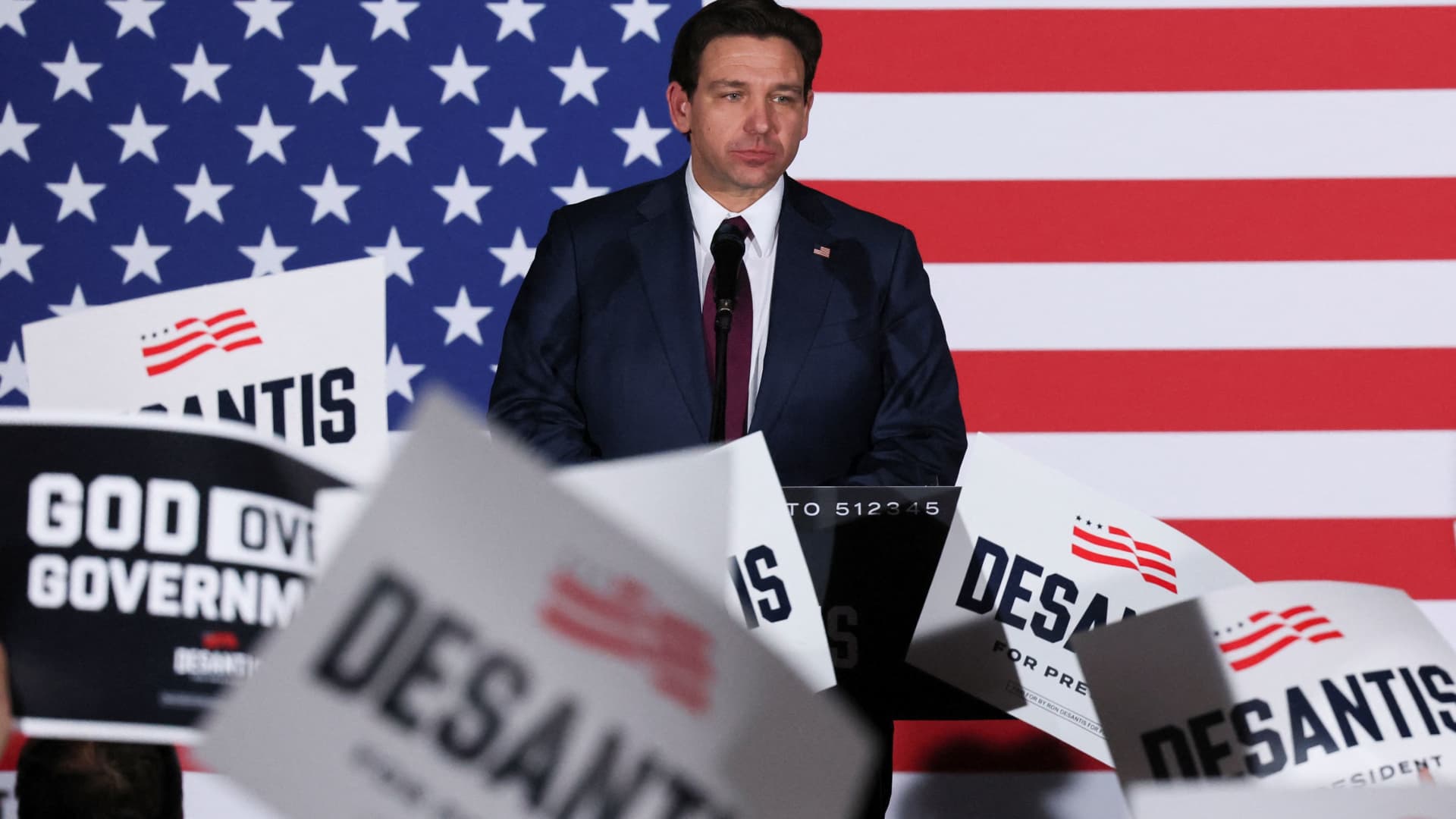[tdc_zone type=”tdc_content”][vc_row][vc_column width=”1/1″]
Trending Now
POLITICS
New Haley Ad to Play Up Her Foreign Policy Expertise, and...
Nikki Haley’s closing argument to New Hampshire primary voters will include a three-minute ad featuring the emotional story of the mother of a college...
BUSINESS
ECONOMY
SPORTS
Marshawn Lynch takes plea deal in Las Vegas DUI case
Marshawn LynchPhoto: City of Las Vegas (Getty Images)Marshawn Lynch will avoid jail time for his DUI charge after...
HEALTH
With Harsh Anti-L.G.B.T.Q. Law, Uganda Risks a Health Crisis
For decades, Uganda’s campaign against H.I.V. was exemplary, slashing the country’s death rate by nearly 90 percent from 1990 to 2019. Now a...
TECHNOLOGY
Valve launches Steam Families with improved game sharing and better parental...
Jason Cipriani/ZDNETIf you have multiple gamers in your family, you'll want to pay attention to how Valve has...
INSURANCE
MOST POPLULAR
PGA finalizes $3 billion agreement with Strategic Sports Group
The PGA Tour and Strategic Sports Group have finalized a $3 billion deal to create a new for-profit operation called PGA Tour Enterprises....































